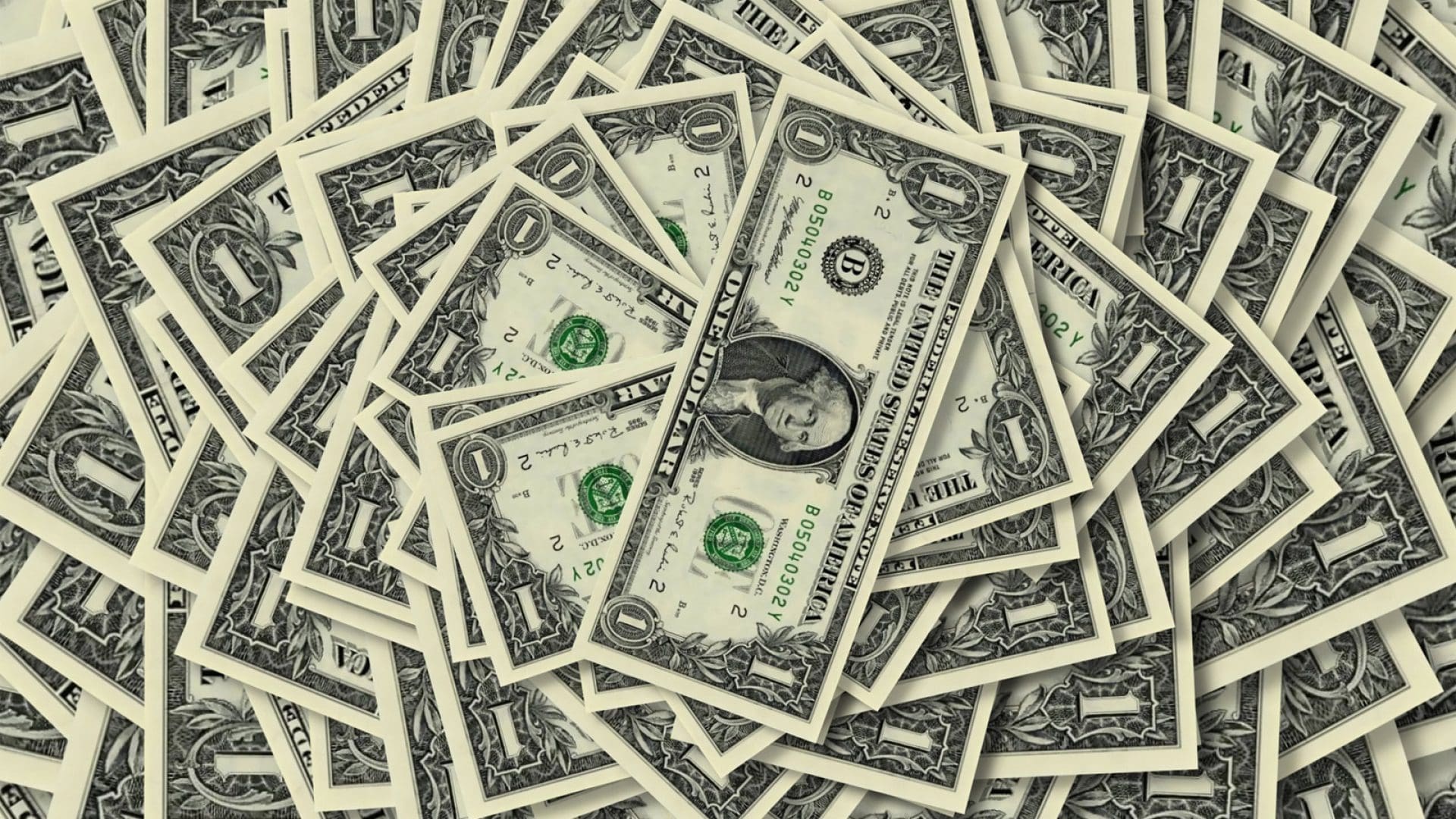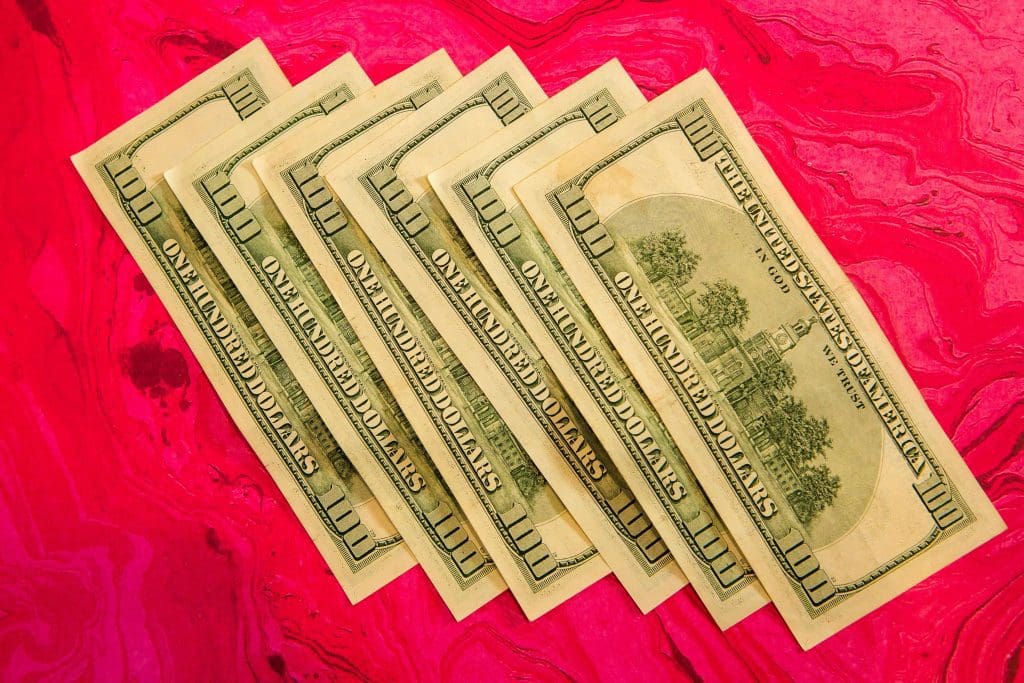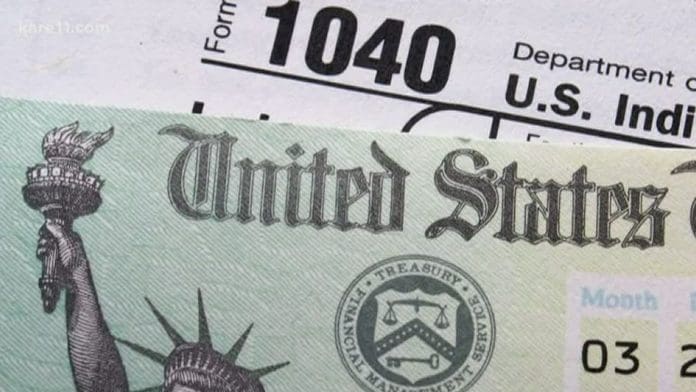The American Congress passed a series of massive economic stimulus packages that, among other things, sent billions in cash to most American households. The direct federal stimulus checks were sent out over a period of a little over a year in three rounds.
The first of the stimulus checks came in immediately after the federal government declared a series of total shutdowns in March 2020. The delay by President Trump in declaring a pandemic and shutting down the American borders led to the virus spreading across the nation, killing hundreds of thousands.
Along with the health emergency came the economic crisis and the subsequent downturn. With millions losing their jobs overnight, the nation stared at starvation, homelessness, and credit defaults on a massive scale.
With the majority of the American population living paycheck-to-paycheck, the loss of income for even a month meant a struggle among households to put food on the table, the risk of losing their homes, and defaulting on credit card and utility bills.
The stimulus checks were not the only economic boost that Americans received from the federal administration. The government also set aside billions for businesses and other organizations such as hospitals and educational institutions. Local, state, and tribal governments also received billions in aid.
The third stimulus check proved to be the most generous of all and included the expansion of the weekly federal unemployment stimulus check and the immensely successful expanded Child Tax Credits stimulus check. The Child Tax Credit payments of 2021 were part of the Rescue Plan signed by President Biden in March 2021, weeks after he assumed power by defeating Donald Trump.

The expanded Child Tax Credit was one of the most impactful federal schemes in decades and brought down child poverty by close to 50%. The Child Tax Credit stimulus checks of 2021 also had a major difference from the previous year’s payments. For the first time, the stimulus checks came in as an advance against the 2021 tax year. So instead of getting the payment as a tax rebate against the return to be filed in the first quarter of 2022, Americans received the stimulus check in the tax year itself. Between July and December 2021 the payments came in as monthly stimulus checks of either $250 or $300 per child depending upon the age of the recipient.
But the payments died out in 2022. And along with it all other forms of federal payments. 2022 marked the intervention of around 20 states to protect residents from the record inflation that sent people back to the desperate times of the immediate post-pandemic months. But state support can never match up to the deep pockets of the federal government and people have been left wanting even as prices remain high going into the third quarter of 2023.
The Demand For More Stimulus Checks Remain As Prices Remain Way High
The problem linked with the stimulus check was that every payment was linked to legislative measures. But every time that an emergency arose, Americans, especially in the low and moderate-income categories, had to look up to Congress to see them through. This led to many moderate Democrats declaring that such payment should be free from legislative control. While it leads to a situation where every decision is political, there is also the danger of payments being rejected each time for reasons totally unrelated to the payments.
Even in rejecting the Child Tax Credit stimulus check after the end of the first year of payments, Democrat Senator Joe Manchin has the backing of powerful corporate lobbies as he used his deciding vote in a Senate split right down the middle.
Many social administrators and politicians have argued for delinting federal aid from regular legislative measures. This has been found to slow down the whole payment process. Supporters have argued that the whole payment process should be automatic and should not be subject to legislation each time an emergency arises.
Call For Universal Basic Income Strengthen Following The Pandemic
The success of the stimulus checks has renewed calls for a comprehensive and long-term stimulus check to help out low and moderate-income families. From policy experts to presidential candidates, the call for a universal basic income has grown.
Andrew Yang, the 2020 presidential hopeful from the Democratic Party, had made the Universal Basic Income a part of his campaign. He proposed providing every adult a $1,000 stimulus check with no strings attached. Yang saw this as the ideal response to accelerating technical changes that were taking away jobs even as the pandemic continued to tie down the American economy.
The pandemic was a difficult challenge for the government. But it was also likely to take away millions of jobs. And the economic effect of the pandemic has persisted into 2023, and it has become more than ever necessary to infuse cash directly into the economy.
Direct Stimulus Checks Always Make More Sense, Say Economists
The basic idea of the stimulus check is very much identical to universal basic income. But the former is different for a number of reasons. It is a one-off stimulus check and thus is not an ongoing payment that lasts for months or years.


Stimulus checks are not universal and are also unfunded while the cost of the Universal Basic Income could be offset by a value-added tax. The pandemic-linked stimulus check payments that Congress approved were tied down in weeks of political wranglings.
Economists have long maintained that stimulus checks that directly reach beneficiaries are the most valuable form of assistance. It has been found that people make decisions in their own interest. They are the best judges about where every dollar should go. It becomes easier for governments to write stimulus checks than pay for housing, utilities, and food separately. And households can use the cash to meet more urgent needs and are in a better position to prioritize spending.
This is the rationale behind the stimulus check. But there are also good reasons to target assistance during recessions. There is always the likelihood that more people are likely to spend cash infusion on non-basic expenditures.






